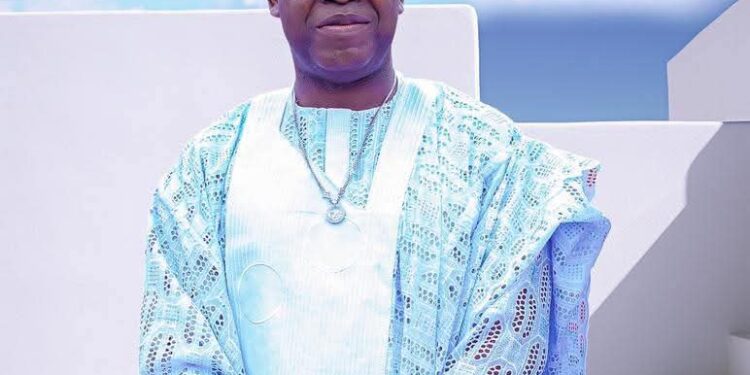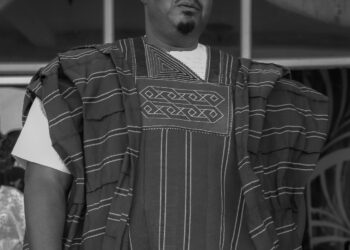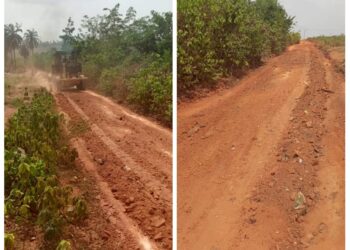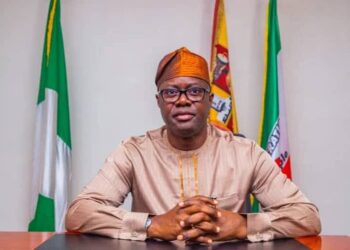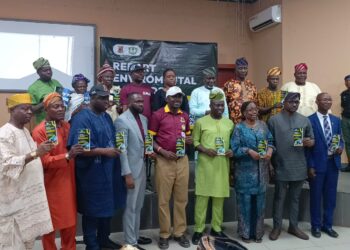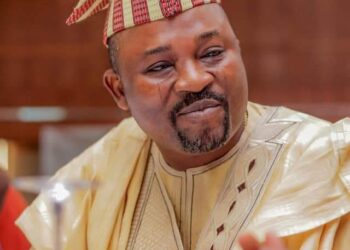What becomes of a great city when time presses forward but its foundations cling to yesterday? How does a place once renowned for commerce, courage, and culture rediscover its momentum in a world racing ahead?

And who are the custodians of such a city’s rebirth, the loudest voices, or the ones whose footsteps are barely heard but deeply felt?
Who truly shapes the destiny of a city, the politicians who make promises, or the quiet visionaries whose work speaks louder than any declaration?

Ibadan lives inside these questions. Its hills remember battles fought, its streets remember markets once bustling, and its people carry a pride shaped by centuries of endurance.
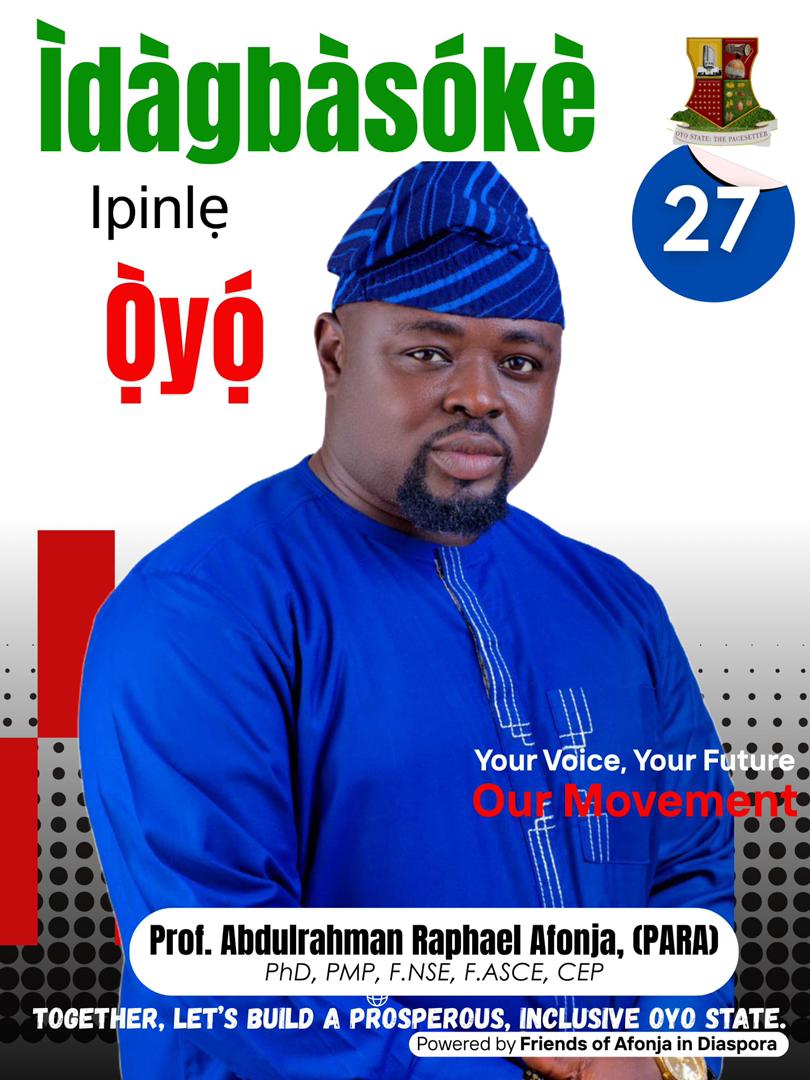

Yet the city now stands on the uneasy threshold between its storied past and an urgent need for renewal. It is here, in this delicate tension between memory and possibility, that some figures quietly step forward to shape what Ibadan might become.
Among them, one presence has proven impossible to ignore, not because he seeks the spotlight, but because his work keeps illuminating it.
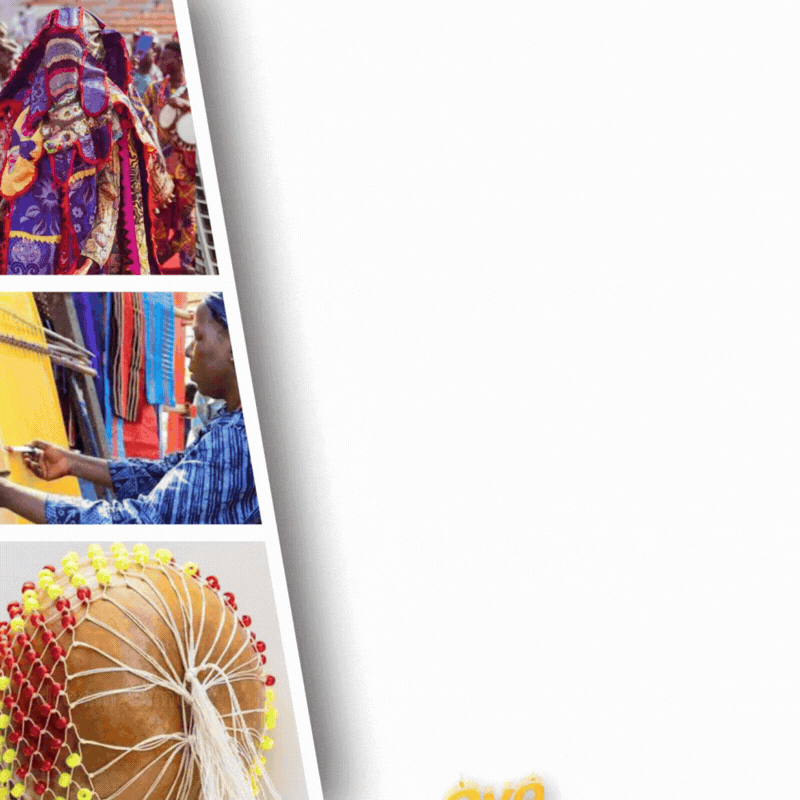
Chief Jubril Dotun Sanusi has become a defining force in Ibadan’s evolving story, embodying a model of development rooted in patience, substance, and community.

Sanusi’s pathway is neither political nor flamboyant. Instead, he pursues a quieter form of leadership, the kind that invests in systems rather than slogans, in people rather than applause.
His flagship creation, Ilaji Hotels and Sports Resort, is often admired for its beauty, yet its greater significance lies in the economic ecosystem it has sparked in Ona-Ara: farmers supplying produce, artisans displaying craftsmanship, youths finding work, and local businesses reviving around a once-forgotten corner of the city.
Ilaji is more than a leisure destination; it is a demonstration of how thoughtful investment can transform a community from within. It is, in essence, place-making, but in Ibadan, people simply call it “JDS’s way.”
Beyond infrastructure, Sanusi’s legacy is etched in quiet gestures of empowerment. Scholarships that rescue stalled education. Start-up guidance for uncertain entrepreneurs.
Medical bills paid without credit sought. Water projects and rural support provided without fanfare. His philosophy is clear: empower individuals, and they will, in turn, strengthen their communities.
As Jagun of Ibadanland, he bridges heritage and progress. He supports traditional institutions, nurtures cultural identity, and reassures older generations that modernisation need not erase legacy. His leadership embodies continuity, the idea that a city must honour its roots even as it expands its reach.
What sets him apart is his long horizon. While many chase immediate influence, Sanusi builds systems designed to last decades. At Ilaji, staff are groomed for future leadership; governance structures anticipate growth; every stone is laid with tomorrow in mind.
Ibadan’s revival may be slow, but the signs are undeniable: communities regaining confidence, young people finding opportunity, cultural pride reawakening, and new ventures emerging in unlikely places.
In this unfolding transformation, Sanusi’s work stands as a guiding thread, steady, deliberate, and quietly visionary.
Cities are not rebuilt by noise; they are renewed by those who work with conviction and patience. And in today’s Ibadan, few embody this truth more fully than Chief Jubril Dotun Sanusi.
He is planting the foundations of a future that may outlive him, ensuring that one day Ibadan will rise again, proud, purposeful, and restored to the stature its history deserves.
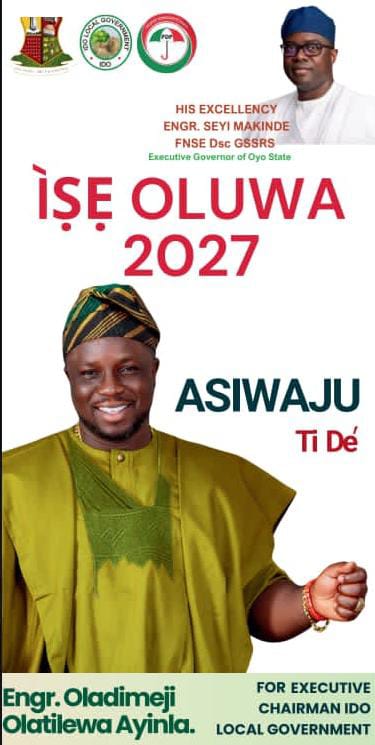

You can get every of our news as soon as they drop on WhatsApp ...To get all news updates, Join our WhatsApp Group (Click Here)



